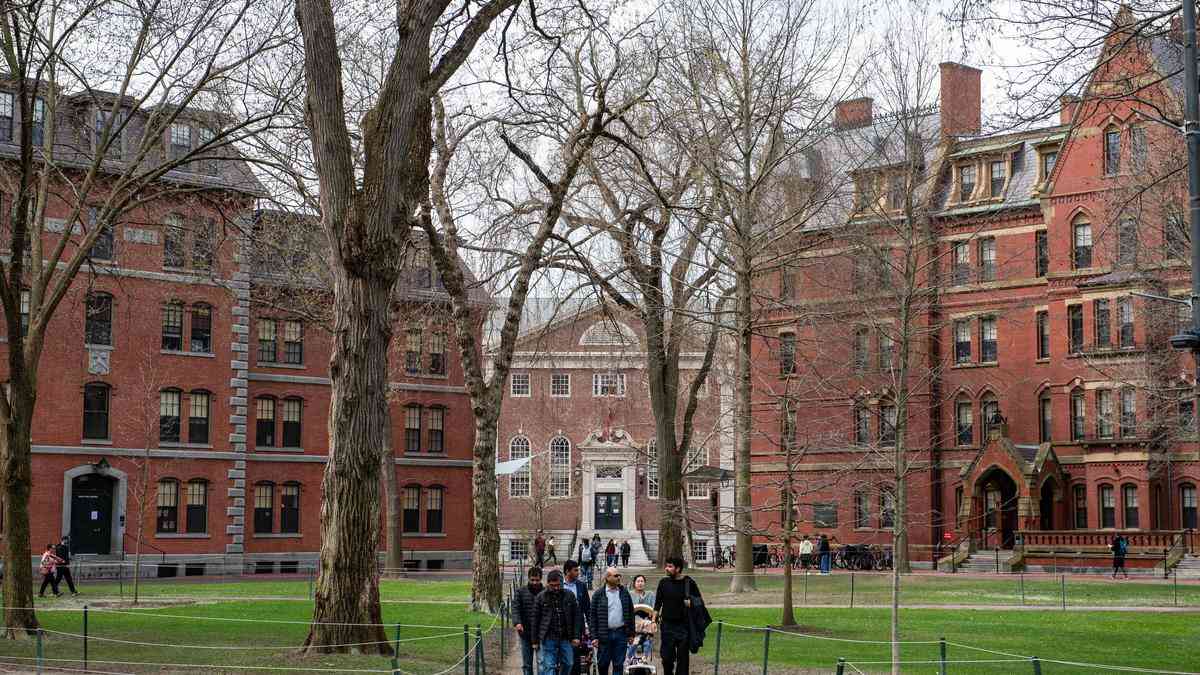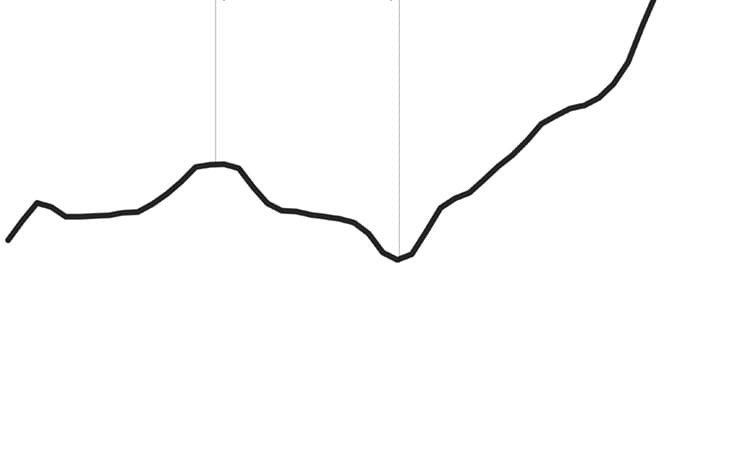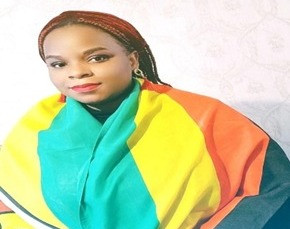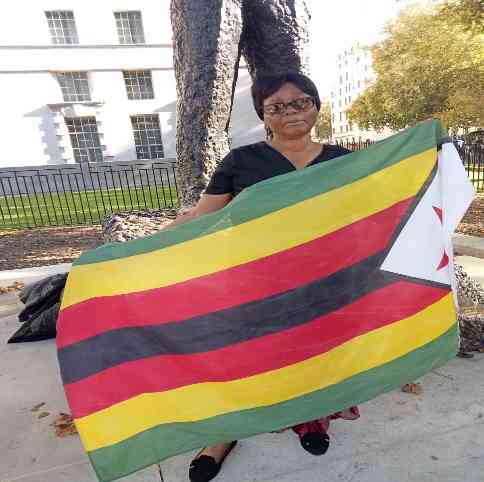
“Alcohol may be hazardous to health if consumed to excess. People under the age of 18 are not allowed by the law to drink alcohol.”
This inscription is found on almost every bottle of beer. It is common knowledge that it is illegal for the person under 18 to take alcohol.
However, many youths have decided to turn a blind eye to the law and many seem to be getting away with it.
In one of the leafy suburbs of Harare, the police had to stop a birthday party after it emerged that all in attendance were mere 16-year-olds. But they were visibly drunk and wasted.
Many children are active drinkers and some even do it at school. It is common for some youths to come to church stinking with alcohol. A snap survey revealed that some of the children started drinking as early 13.
Some teenagers openly admitted that they drink and others defended the habit, saying they were aping their parents.
One teenager confessed to stealing his father’s beer in the fridge since the age of 12 and now, at 17, he was a heavy drinker.
“I started by collecting all the leftovers from the bottles my father would have left. It just started as a habit but now I want to quit yet the urge is so strong, I cannot,” said Takunda, whose drinking habits got him into trouble at a Harare college. Another student at a government school in Glen Norah said peer pressure forced him to drink.
- Chamisa under fire over US$120K donation
- Mavhunga puts DeMbare into Chibuku quarterfinals
- Pension funds bet on Cabora Bassa oilfields
- Councils defy govt fire tender directive
Keep Reading
He said: “I grew up hating beer. I never dreamt of drinking but one day my friends forced me to, saying it was the in-thing and there was nothing was wrong with it. Eventually I complied.”
Gone are the days when it was taboo for girls to be seen drinking alcohol. They have now joined the bandwagon and in some cases suffer severe consequences.
Tariro (16) from Belvedere said drinking had become the norm when she gathers with her friends to have fun. “We prefer ciders because they are tasty and sweet. They help us to open up and spread our wings. When we go out as friends obviously beer is part of it,” she said.
Worldwide, statistics released by Youth Risk Behaviour Surveillance showed that about 80 000 children are introduced to drinking every month and by the time they reach 21, most of them would have become addicted to alcohol.
Another survey conducted by the Institute of Alcohol and Drug Abuse showed that most parents lived with their children not knowing that they were taking alcohol.
One parent said he only found out that his son was taking alcohol when a doctor highlighted that his body system had a high alcohol content. The boy eventually admitted he had been drinking for five years.
Teachers have also complained that most students who drink beer become hostile and aggressive.
A teacher at a local boarding school, Nigel Hove, said it was common for pupils to smuggle beer onto the school premises.
“We have witnessed a lot of commotion caused by these youths when they are drunk. We had to call the police to intervene. The headmaster was left with no choice but to expel them from school,” said Hove.
Clubs and bars have been blamed for selling beer to persons under 18 in violation of the Liquor Act.
Parents said some of the children are visibly young but the bar attendants never quizzed them on their age.
“What they want (bar attendants) is money. They don’t care about the age of the individual but they know selling alcohol to under-age people is illegal,” complained one parent.
Social commentator Pardon Kadzere said many factors had caused the proliferation of young drinkers and alcoholism among youths was a sign of a breakdown in the social fabric.
“Most of these youths have resorted to alcohol to siphon out their frustration. Parents no longer have time to discuss problems faced by their children. Children turn to drinking to momentarily escape from problems while parents are too busy for their children. Some children can start drinking and go on for years without parents noticing it while living under the same roof,” he said.
He added that peer pressure has also contributed to the rise of under-age drinking and some youths resorted to drink so that they could fit in within their peer groups.
According to statistics released last year by International Traffic Organisation, under-age drinking is the leading cause of death among youths in roads.
Under-age drinking contributed to 41% of accidents globally and it contributed to the rise in cases of liver diseases among youths.
One girl from Avondale said she was raped while drunk at a party and did not remember the person who raped her but is now pregnant.
Many girls face the same predicament as males take advantage of them when they are drunk and rape them.











